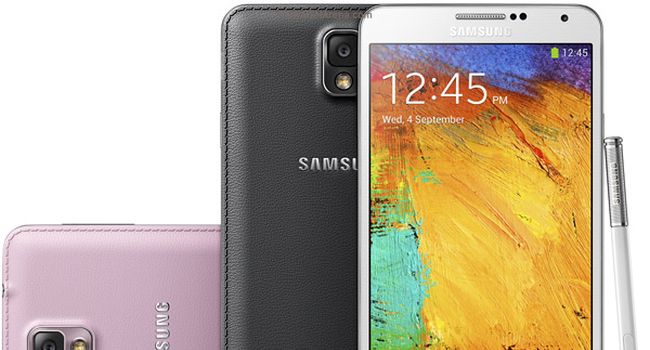Sony launches the WF-1000XM6 in South Africa with upgraded noise cancelling, better call clarity and premium sound. Pricing starts at R7,999.
Samsung: our next smartphones will be 64-bit too


Not to be outdone by Apple, Samsung too will launch a range of 64-bit phones in order to “better compete” with the iPhone maker, said The Korea Times.
This was reportedly said during a meeting that included Samsung’s chief executives. It was confirmed that upcoming “Samsung Galaxy-branded phones” will have a new 64-bit CPU. “Not in the shortest time. But yes, our next smartphones will have 64-bit processing functionality,” said Samsung, ensuring us that it will happen, but not soon.
“Samsung understands that Apple intends to boost its mobile business in China, as well as in Japan, meaning that we should try harder in these countries. We have no reason to allow Apple to steal market share from us,” said Samsung before it went back to the 64-bit CPU factory, dramatically slamming the doors behind it.
Samsung market share in China is a healthy 19.4%, compared to Apple’s 4.9%. Apple’s plan is to increase its share by boosting brand awareness, said a Samsung representative. Samsung however will reportedly offer a “diversified” lineup that’s priced well.
Apple released two new iPhones, the 5C and 5S, to a nonplussed world earlier this week. The 5S is the upgrade to the iPhone 5, and has the eponymous 64-bit CPU, an upgraded camera, three new licks of colour (including champagne/gold) and a fingerprint sensor. It’ll be US$649 for the 16GB model.
The 5C is an plastic coated iPhone which was rumoured to have its sights set on the global markets that could previously not afford an iPhone. As it turns out, the 5C is freaking expensive, and is US$549 for the 16GB version. The most expensive 5C is the same price as the cheapest 5S in the United States, so whoever set the pricing structure is seemingly tripping on something illegal. You can view the prices for both iPhones here and here, and wait patiently as Samsung readies its own 64-bit revolution.

